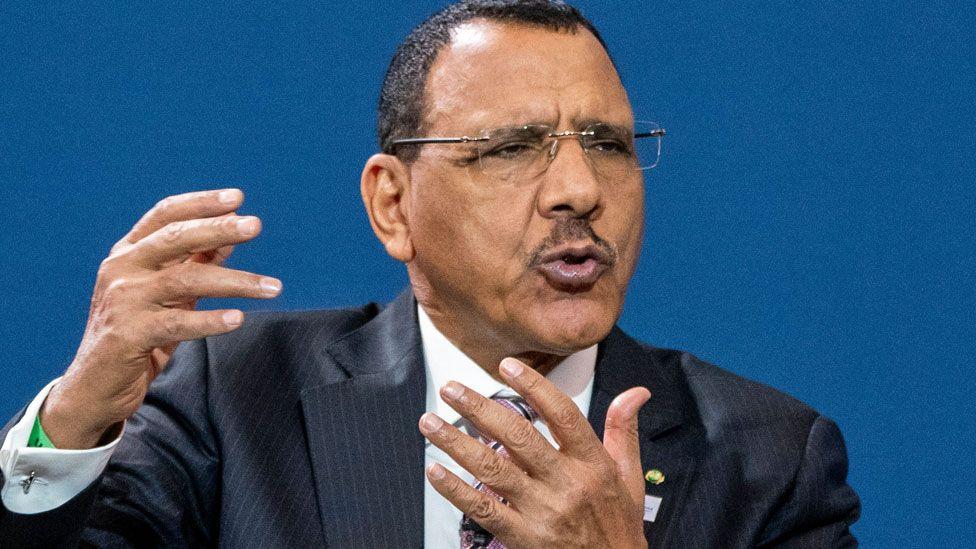
A historic African climate summit concluded on Wednesday, with leaders endorsing a declaration that underscores the continent’s potential as a green energy leader, as stated by Kenyan President William Ruto on Wednesday.
“We march on with the Nairobi declaration,” said Ruto, bringing the three-day conference to a close.
He had advocated for a shift in the discussion’s narrative, emphasizing Africa’s transition to renewable energy, even in the face of climate-induced disasters affecting the continent.
“This declaration will serve as a basis for Africa’s common position in the global climate change process,” the final version of the document seen by local media said.
Analysts suggest that a unified African stance could create momentum for a series of critical meetings leading up to the pivotal UN climate summit scheduled to commence in November. These include the G20 meeting set to take place in New Delhi this weekend.
The declaration calls for the establishment of “a new financing architecture that is responsive to Africa’s needs including debt restructuring and relief,” as frustration mounts regarding the high cost of financing in Africa.
The declaration also calls upon wealthy carbon emitters to fulfill their longstanding climate commitments to less affluent nations. It further urges global leaders to support the proposition of a “carbon tax on fossil fuel trade, maritime transport, and aviation.”
The 54-nation continent is exceptionally susceptible to the expanding consequences of climate change, yet the summit primarily emphasized appeals for unlocking investments in clean energy.
“A new Africa is there and it means business,” Ruto said.
The summit saw funding pledges worth $23 billion “for green growth, mitigation and adaptation efforts” across the continent, he said.
Divergent visions of the global energy future are expected to come to the forefront during the COP28 negotiations in the oil-rich United Arab Emirates. This summit will serve as a checkpoint for evaluating the still-insufficient endeavors to reduce emissions and combat climate change.




